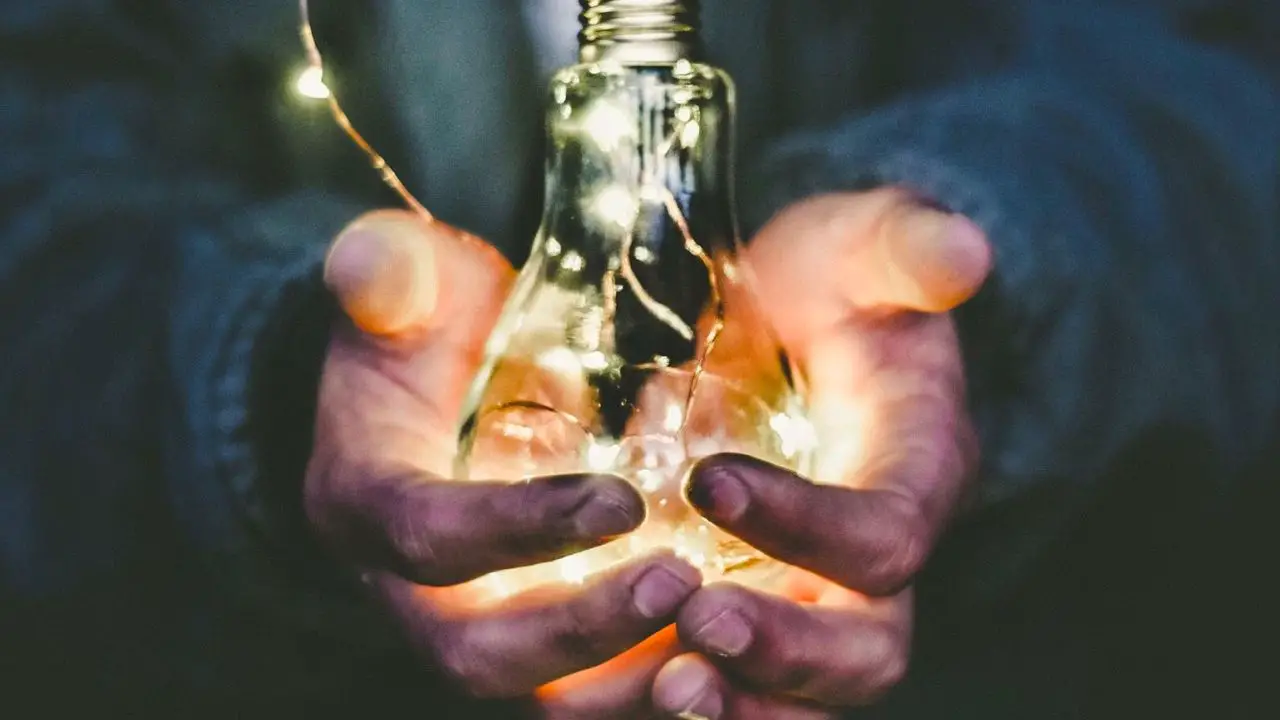What are the safety considerations when working with solar panels?
Discover essential safety considerations when working with solar panels. Learn about voltage awareness, protective equipment, fire safety, weather considerations, and more. Stay safe while harnessing solar power!

In the modern age of growing environmental consciousness, the popularity of solar panels is soaring higher than ever. Not only do they reduce reliance on fossil fuels, but they also make it possible for individuals to live sustainably off the grid. However, like all technologies, working with solar panels comes with certain safety considerations.
Be Aware of the Voltage
One of the first things to understand is that even when the grid power is off, your solar panels are still producing electricity. Therefore, you should always consider them as live. When installing or maintaining your solar garden lights, for example, ensure that you don’t come in direct contact with the connections.
Use Proper Protective Equipment
Working with solar panels, particularly on a rooftop, requires the use of protective equipment. This can range from using protective gloves when dealing with wires and connections to harnesses and safety lines when working at heights. Remember, safety should be your utmost priority, whether you’re installing a new panel or maintaining your existing solar-powered security lights.
Fire Safety
Solar panels and their associated wiring can be a fire risk if not installed and maintained correctly. Incorrect wiring, poor connections, or faulty equipment can all lead to a potential fire hazard. Therefore, it's essential to have the correct knowledge or hire a professional when installing solar panels or solar-powered items, like solar-powered water fountains for your garden.
Weather Considerations
Depending on where you live, weather conditions like high winds, hail, or heavy snow could damage your solar panels. Make sure they are installed correctly and check them regularly for any signs of wear and tear. If you are planning an outdoor adventure, check out solar-powered camping gear for portable options that are built to withstand various weather conditions.
Safe Disposal
As a responsible solar panel owner, you should know that old or damaged panels need to be disposed of correctly. Solar panels contain materials that can be hazardous if not handled appropriately. Remember, the aim is to reduce our carbon footprint, so make sure to recycle or dispose of old panels at designated facilities.
Physical Safety
If your solar setup is on your rooftop, be careful about falling hazards. This doesn't only apply to people but also to any tools or solar equipment that could potentially fall and cause injury. It's vital to keep the area below your work zone clear and inform others about your work.
Energy Storage Safety
For off-the-grid enthusiasts, energy storage is crucial, and batteries are the most common solution. However, batteries, particularly lithium ones, pose their own safety risks, like the potential for leaks or even explosions. Ensure you have appropriate storage and a secure area that is free from flammable materials.
As I’ve transitioned to solar power and learnt from numerous solar-powered adventures, I’ve realised that while it offers significant benefits, it also demands an understanding of the safety considerations involved. Always keep in mind that harnessing solar power is about sustaining the environment and our lives without compromising safety.
Conclusion
To conclude, while solar panels open the door to a sustainable lifestyle, safety should never be compromised. From respecting the voltage to using protective equipment, being mindful of fire safety, weather considerations, safe disposal, physical safety, and energy storage safety, there's much to keep in mind when working with solar panels. Stay safe, and enjoy the sun's bounty to its fullest.

